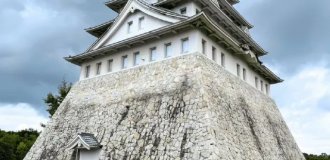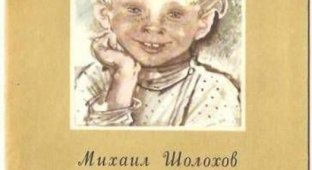How All Books Were Burned in China (6 photos)
There is even a poem in China that translates roughly as follows: "Damn Qin Shi Huang, he burned the books, but couldn't get to them all, so now I have to study." It sounds ironic, but Qin Shi Huang is a real person from Chinese history. 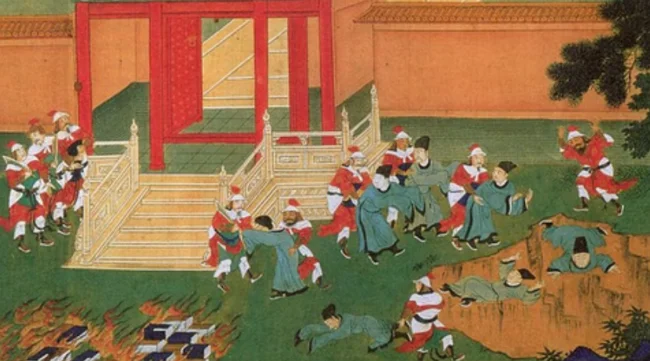
Illustration for the chronicle about the burning of books AND THE MURDER OF SCIENTISTS
Books are the cause of suffering
It sounds logical, because many rulers of China sooner or later came to this thought. There is an amazing story about Qin Shi Huangdi. In 213 BC, the Chinese Emperor Qin Shi Huangdi ordered that almost all the books in China be collected and burned. Only books on agriculture, medicine, and pharmaceuticals were allowed to remain. One copy of each of the works of art and secular literature was transferred to the imperial archive, and the rest were consigned to the fire. 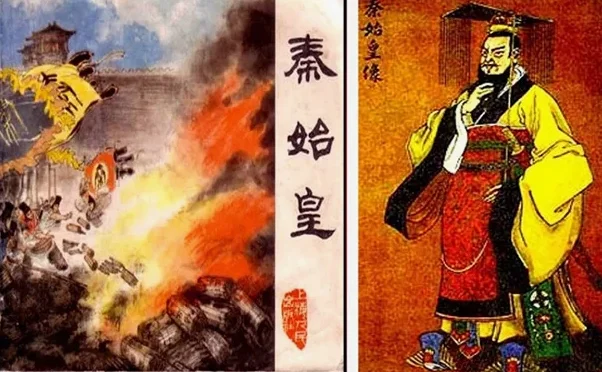
Books are written about him, including popular science about history
This even went down in history as a “library catastrophe” of global proportions, like the destruction of the Library of Alexandria. All because the books brought “confusion” into the minds of the Chinese. Qin Shi Huangdi believed that the law is one and cannot be doubted, and the Chinese who read books allow themselves "branching thoughts", subjecting the already established order to philosophical criticism. In general, smart people only cause disorder. The law prohibiting the ownership of books was repealed only 20 years later, the youth of those years were amazingly ill-read! 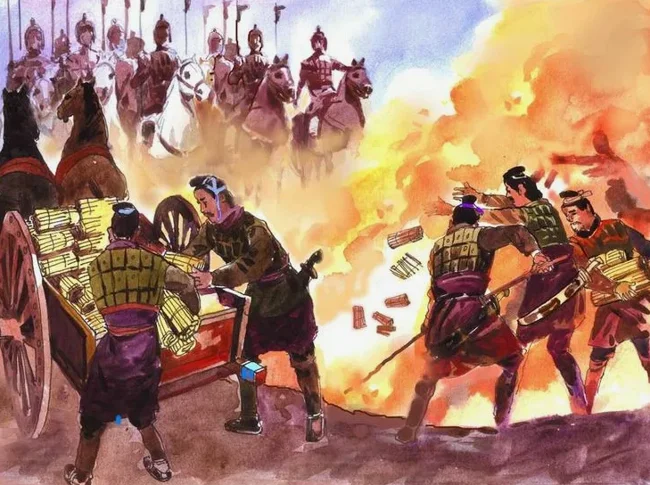
He also ordered the bamboo scrolls to be burned, he was not a fool, they also wrote books on them
Well, at least he went down in history, even children know his name. For example, after Emperor Yuan of the Liang Dynasty was defeated by the Western Wei (Mongol state), he pounced on his books, shouting, "I have read ten thousand volumes, and here is my reward!" He set fire to his collection of 140,000 volumes with one order. Or take Li Yu, the last ruler of the Southern Tang Dynasty. He loved books and art, and he collected a huge palace library. When the Song army reached Nanjing, he ordered, "If the city falls, the librarians must burn all his favorite books, and not abandon them when they flee." He was not willing to share. Again, the culture-loving Emperor Qianlong of the Qing Dynasty issued dozens of orders to destroy books during his 60 years of reign. In the end, between 150,000 and 700,000 volumes were confiscated or lost, making him the record holder for book destruction among all dynasties. Pure Herostratus. 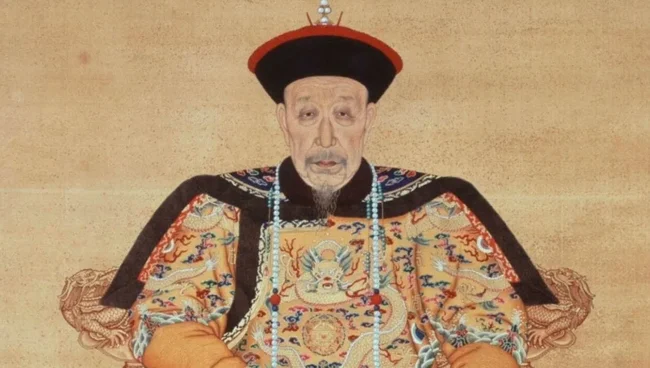
Qianlong, a well-read man, was
Literary Inquisition
In China, obscene erotic works were often condemned, and books about same-sex love were also banned, so they were burned hundreds of years ago. 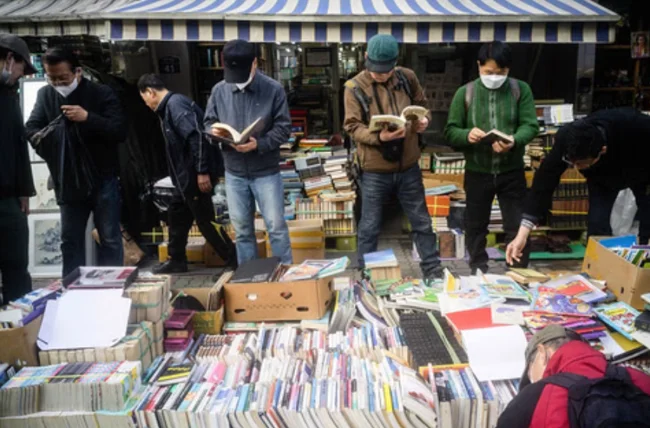
Book collapse in 2025, still buying printed books!
So a Qing Dynasty poet named Xu Jun wrote a simple poem, intended as a lighthearted joke: The clear breeze knows no words. Why does it shake the pages? A simple word, "qing." But since the word qing, which meant pure and clear, also related to the Qing Dynasty, was perceived as an insult to the Manchus. Which led to Emperor Yongzheng ordering Xu's execution. So the "literary inquisition" has always existed in China. The question is, where has it not? Another thing is that because of the hieroglyphs and their polysemy, some were inclined to find too many additional meanings. In European poems, the Jesuits never dreamed of such a thing. 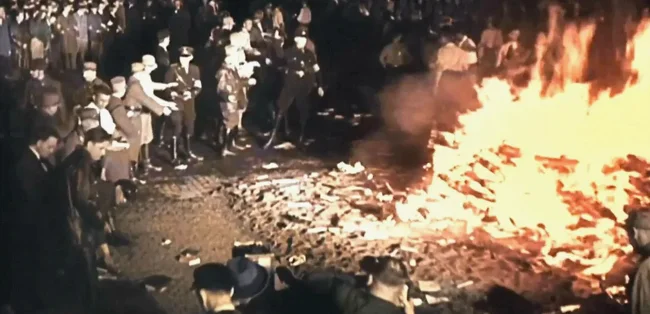
Do you know who else burned books? Hitler! Although we had it too, in the first years of the USSR they burned church books, let's be honest.
Of course, I am not raising the topic of the cultural revolution in China, when even useful books were burned out of ignorance and stubbornness. This, as it turned out, was not such a revolution, but a continuation of a long-standing Chinese practice.





